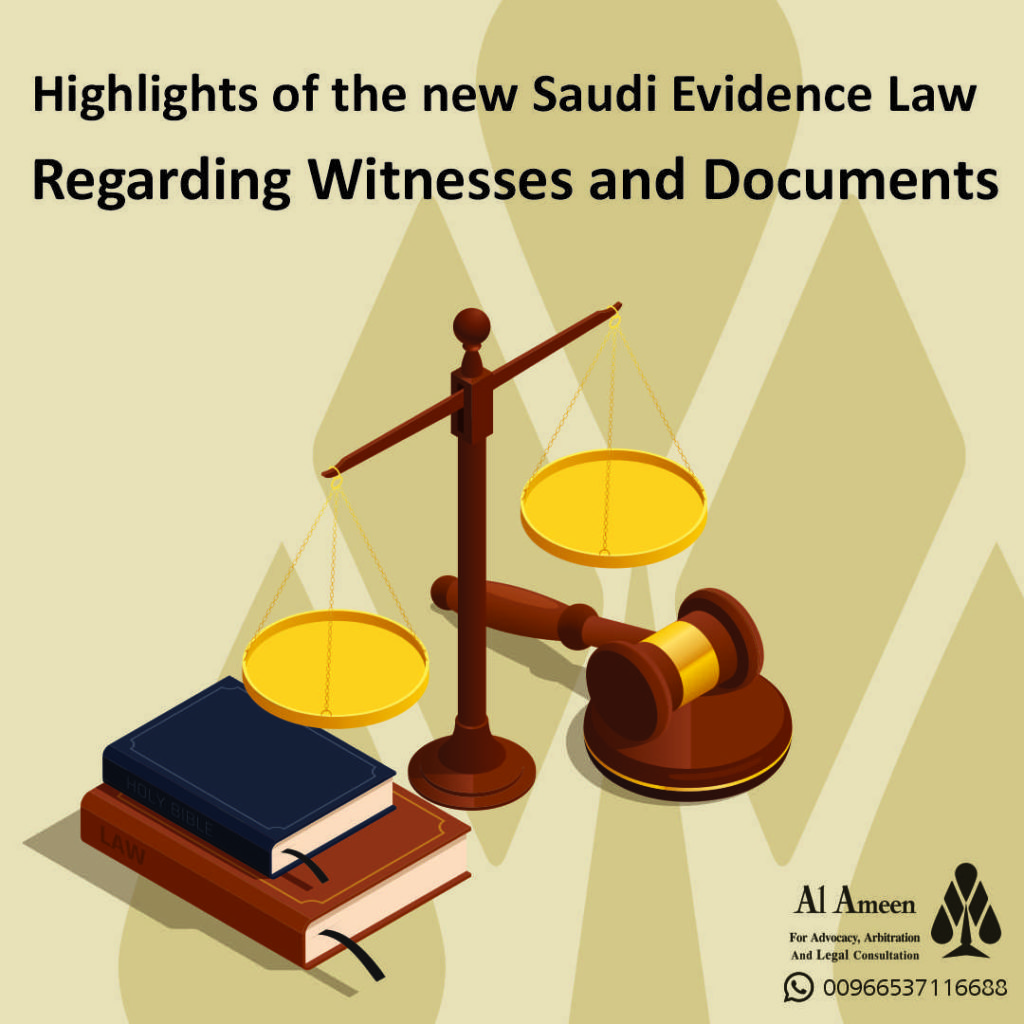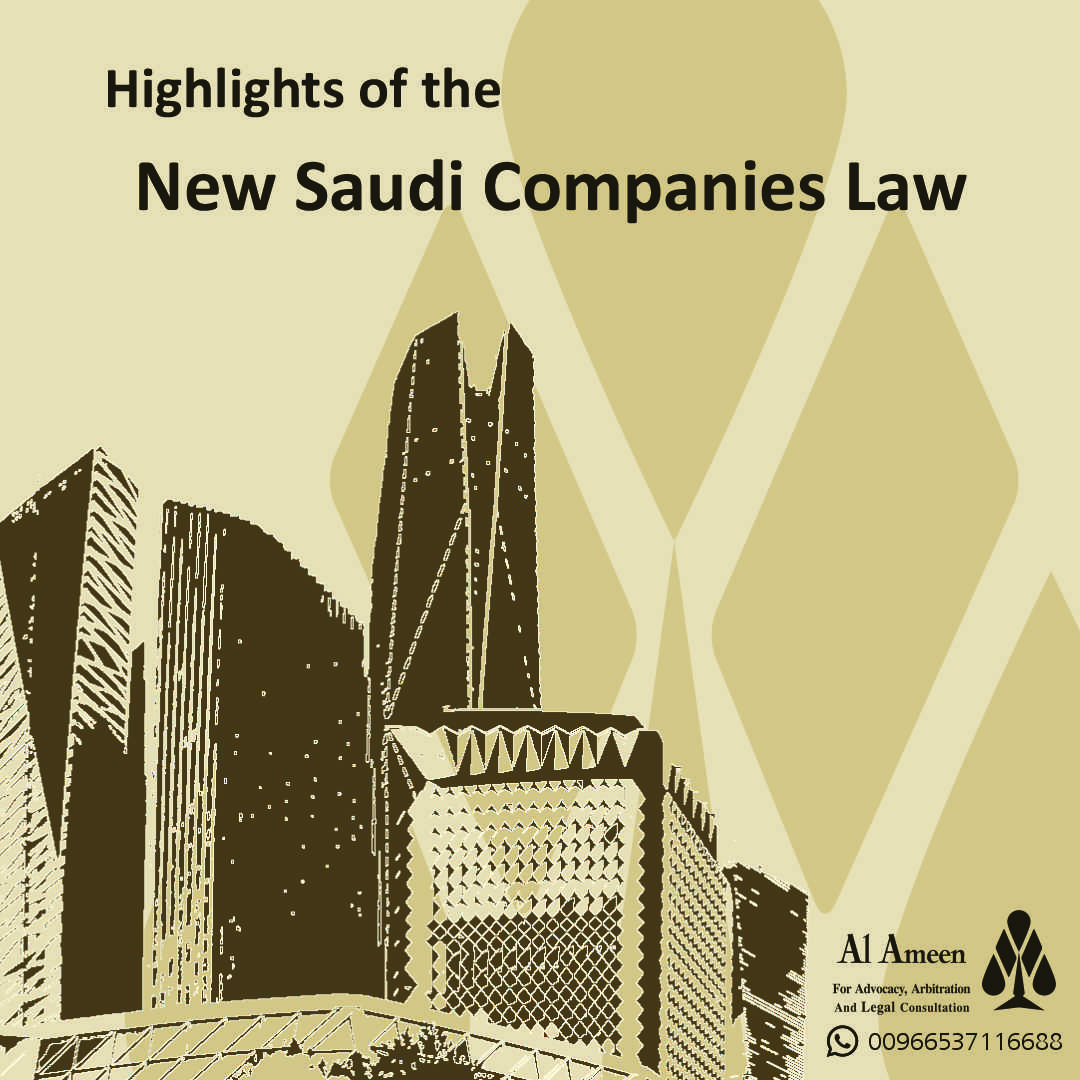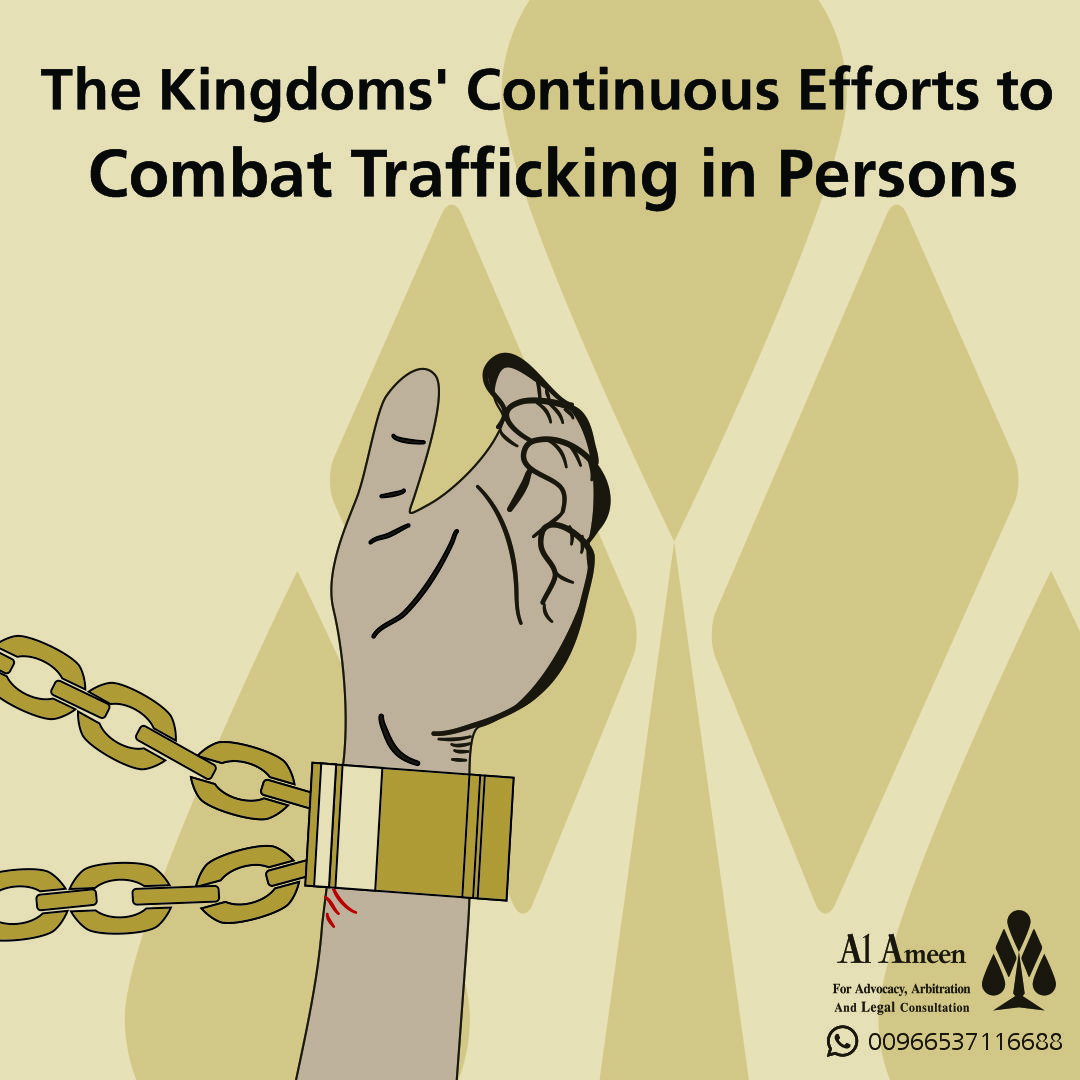Highlights of the new Saudi Evidence Law Regarding Witnesses and Documents
The new Saudi Evidence Law has come into effect recently, and it applies to all civil and commercial dealings in the Kingdom. The new law combines and unifies evidence rules and procedures found in the Islamic Sharia and the Civil Procedure Law to bring consistency and certainty to the regulations regarding evidence. This has led to certain expansions and restriction concerning witnesses and documents as follows:
Expansions:
- The new law deems copies of official documents as admissible without need to have them attested as long as the authenticity of the official document remains unquestioned. This admissibility also extends to copies of lost official documents. This means the starting assumption is the authenticity of the document if its external appearance gives no reason to doubt its authenticity. This assumption also extends to non-official documents, as they are deemed evidence against their signer unless the signer disputes their authenticity.
- The new Evidence Law now permits providing written witness testimony with the courts permission without the restrictions that governed such testimonies in the Civil Procedure Law, which only allowed courts to accept written testimony if the nature of the case required it.
- While the new law does not require the provision of attesters to a witness’ character, this has been offset with allowing litigants to directly question witnesses without the courts permission in the first instance. It also allows courts to ask witnesses to swear an oath and gives the courts discretion to assess the impact of a witness declining to swear an oath.
Restrictions:
The most notable restriction in the new law are the following:
- It requires that each operation with a value over One Hundred Thousand Saudi Riyals, or its equivalent in foreign currency, be in writing. This also includes any operation with an undetermined value is specified, shall be stated in writing. The new law is explicit in refusing any witness testimony in matters that must be proven in writing and provides narrow exceptions to the rule such as an existing familial relationship between the operators, or if the operator cannot read or write.
- The new law allows litigants one chance to bring witnesses to the trial session, whereas the Civil Procedure Law had allowed litigants two chances in practice to do so.
- The new law introduces fines as a penalty imposed on litigants who claim that a document or signature is forged or inauthentic and such claims are proven false after the court investigates them. The fine shall not exceed 10,000 SAR.
Conclusion:
These changes signal a desire to decrease litigation periods by reducing the number of sessions and limiting unnecessary motions and investigations that can derail a trial such as investigating a baseless forgery claim or delaying presenting witnesses and their attesters. These changes continue to preserve the integrity of evidence procedure by allowing courts and litigants to take a more proactive role in examining witnesses and documents in an effort to achieve quick and reliable justice.




